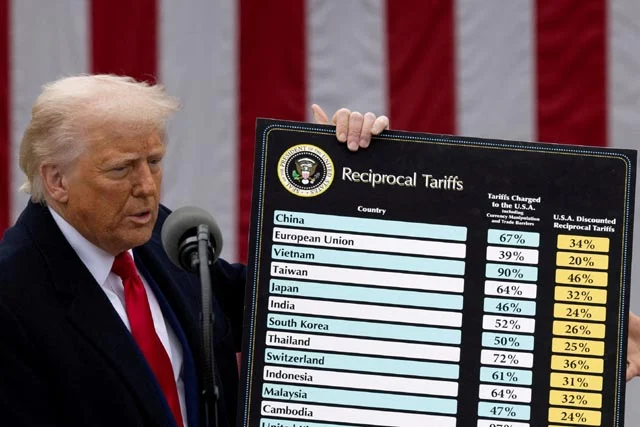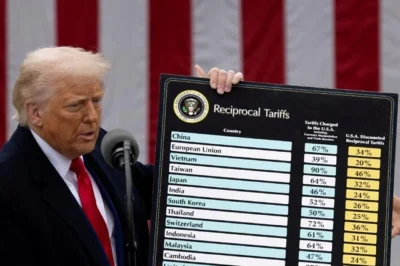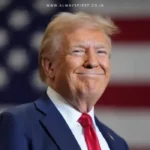
Court Rules Trump’s Tariffs Exceed Presidential Authority
On May 28, 2025, the U.S. Court of International Trade delivered a landmark decision, ruling that former President Donald Trump’s “Liberation Day” tariffs were an overreach of executive power. The court determined that Trump exceeded his authority under the International Emergency Economic Powers Act (IEEPA) of 1977 by imposing sweeping tariffs without explicit congressional authorization. This decision has significant implications for the balance of power between the executive and legislative branches concerning trade policy.
Background of the ‘Liberation Day’ Tariffs
The “Liberation Day” tariffs were announced by President Trump on April 2, 2025, during a White House Rose Garden ceremony. He declared April 2 as “Liberation Day” and signed Executive Order 14257, which imposed a 10% tariff on all imports and additional country-specific tariffs targeting approximately 60 nations. The administration justified these measures as necessary to rectify what it perceived as unfair trade practices and to address national security concerns, particularly related to fentanyl trafficking. However, the court found that these actions were not authorized under the IEEPA.
Legal Challenge and Court’s Findings
The legal challenge was brought forth by the Liberty Justice Centre and law professor Ilya Somin, representing five affected businesses. They argued that the president’s use of the IEEPA to impose tariffs was an abuse of power. The court agreed, stating that the IEEPA does not grant the president the authority to unilaterally set tariffs. The judges emphasized that such significant economic measures require explicit congressional approval, as they have far-reaching implications for the economy and international relations.
Implications for Trade Policy and International Relations
The court’s ruling has immediate and long-term implications for U.S. trade policy. In the short term, the decision halts the implementation of the “Liberation Day” tariffs, providing relief to businesses and consumers who were facing increased costs. Internationally, the ruling may ease tensions with trading partners who had been affected by the tariffs, including China, Canada, and Mexico. However, the administration has indicated plans to appeal the decision, which could prolong uncertainty in global trade relations.
Potential for Legislative Action
In response to the court’s decision, there is growing momentum in Congress to reassert its authority over trade policy. Lawmakers from both parties have expressed concerns about the executive branch’s expanding use of emergency powers to impose tariffs. Some have proposed legislation to limit the president’s ability to unilaterally enact such measures, aiming to restore the constitutional balance of powers and ensure that significant trade decisions undergo proper legislative scrutiny.
Conclusion
The U.S. Court of International Trade’s ruling marks a pivotal moment in the ongoing debate over executive authority and trade policy. While the immediate effect is the suspension of the “Liberation Day” tariffs, the broader implications could lead to a re-evaluation of how trade decisions are made in the United States. As the legal process unfolds, the case will likely serve as a precedent for future challenges to executive actions in the realm of international trade.








































Leave a Reply